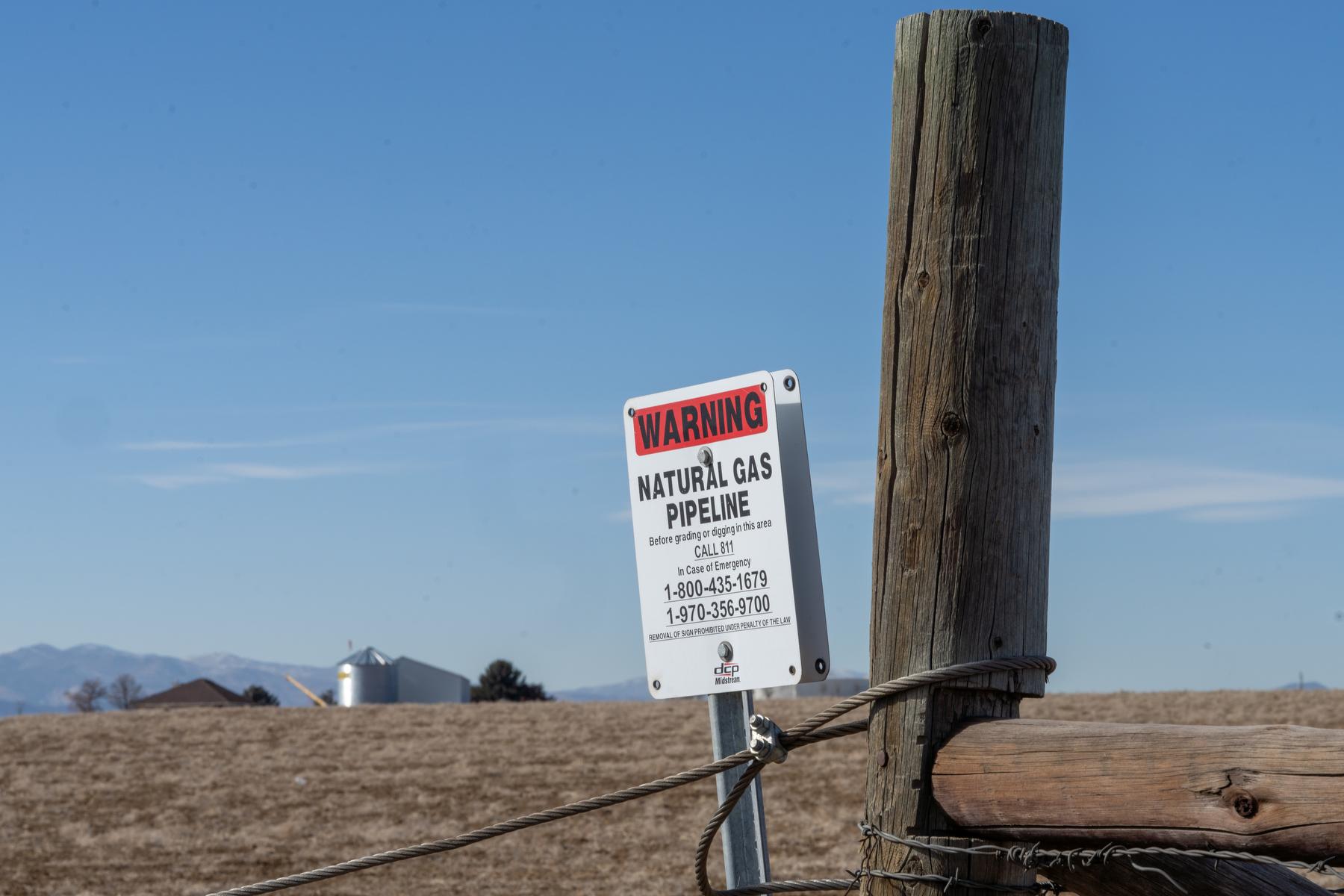
Colorado utility regulators approved a new $440 million plan on Monday designed to help Xcel Energy cut planet-warming pollution from its sprawling natural gas network — primarily by shifting its customers away from the methane-based fossil fuel altogether.
In a win for environmental groups, Colorado’s Public Utilities Commission approved a plan directing the utility to double down on energy efficiency programs and incentives for all-electric appliances like heat pumps. Commissioners largely rejected Xcel Energy’s proposals to cut emissions by mixing cleaner types of flammable gas — such as hydrogen or recovered methane — into its existing pipeline network.
“This is a significant win for the climate and affordable energy in Colorado,” said Meera Fickling, a sustainable buildings manager for Western Resource Advocates. “We’ve wound up with a plan focused on the most cost-effective way to reduce emissions, which is electrifying buildings.”
Michelle Aguayo, an Xcel Energy spokesperson, said the utility already helps customers buy electrical appliances and cut their energy use. She expects the recently approved plan will allow the company to expand those incentives.
“We look forward to working with our customers and stakeholders as the clean heat plan rolls out,” Aguayo said.
Xcel’s natural gas system currently delivers methane-based fuel to 1.5 million customers statewide, which heats water and warms indoor spaces across the state. In Colorado, burning fossil fuels in buildings also ranks among the top contributors to climate change alongside transportation, electricity generation and oil and gas production, according to state estimates.
Over the last year, the utilities commission heard arguments about the best way for Xcel Energy, the state’s largest utility, to comply with a first-in-the-nation law known as a “clean heat standard.” The policy requires large gas utilities to cut climate-warming emissions 22 percent below 2015 levels by 2030.
Xcel Energy’s clean heat plan will likely serve as a template for the state’s other, smaller natural gas utilities. The final version directs the company to invest up to $440 million between June 2024 through 2027. While Xcel Energy pushed for initiatives to help it preserve a role for its profitable natural gas system, more than 70 percent of the total budget will go to help energy customers reduce gas usage and switch to electric appliances.
The new plan will be funded by fees added to customers’ monthly energy bills. The commission estimates the new surcharges will increase gas rates by 7 percent and electricity rates by 1.1 percent over the next three and a half years, but climate advocates say Xcel Energy can help shrink the overall increase by avoiding projects to expand the gas network.
In the decision, commissioners said electrification and energy efficiency are the most cost-effective tools to cut emissions. It allows the company to spend $10 million on projects to recover methane from landfills, sewer treatment plants or other sources, and then mix the fuel into the standard natural gas supply.
Since methane is a more potent greenhouse gas than carbon dioxide in the first few decades after its release, capturing and burning the fuel can help slow global warming. The exact benefit, however, varies widely from project to project. Due to the uncertainty, the decision requires Xcel Energy to seek approval from regulators before it signs off on any specific recovered methane plan.
The commission approved a larger budget to shift whole neighborhoods away from fossil fuels. A $10 million initiative will allow Xcel Energy to retrofit 100 to 200 single-family homes to use electricity instead of gas and then study the effect on energy bills and overall climate emissions. Another $4.5 million approved by regulators will support a project to rip out an aging gas line beneath Boulder’s Pearl Street Mall and electrify the entire shopping district.
Another portion of the decision approves $32 million for a pilot project to support all-electric new construction. The total is a six-fold increase over an earlier $5 million budget proposed by Xcel Energy, which the commission said failed to align with the potential benefit of avoiding a further expansion of the natural gas network.
One major casualty of the decision was Xcel Energy's proposal to try mixing hydrogen into the residential gas supply. In March, after residents and environmental groups raised safety concerns, the company dropped a plan to blend the clean-burning gas into the fuel delivered to a subdivision outside Hudson, Colo. The utility instead proposed demonstration projects at its own facilities involving no “live” customers.
The commission rejected the company’s request to investigate the possibility of delivering hydrogen-blended fuel to households. At the same time, it allowed Xcel Energy to seek out an industrial or commercial customer willing to receive fuel made from a combination of hydrogen and traditional methane.
Editor's note: This story has been updated to clarify that the approved proposal allows Xcel Energy to seek out commercial and industrial customers for certain hydrogen fuels.








